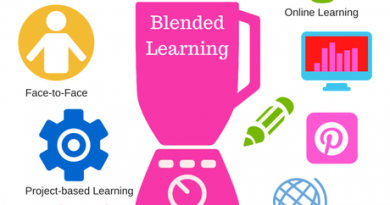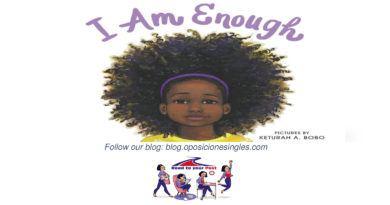The Bear & The Hare. A musical adventure. Deepening content knowledge for learning.
The Bear & The Hare. A musical adventure. Deepening content knowledge for learning.
Source: https://vimeo.com/78740926 – John Lewis
#uk #usateachers #instateacher #knowledge #resources #englishlearning #instateachers #oposicion #oposito #learnenglish #storytime #knowledge #readingtime #roadtoyourpost #news #goldenopportunity #society #people #noticias #usa #opositandoytrabajando #docente #docentes #oposicionesingles #empowerment #kids #children #education #teacherproblems #opogram #music #musical
Follow us: https://www.facebook.com/OposicionesInglesRP/
More about Road to your Post: oposicionesingles.com
Using songs is always motivating for children because they like music and movement. Besides, through this appealing resource we can get them to become familiar with the FL culture. To make the most of songs, it is useful to divide the sequence into three stages. In the Pre-stage, we can motivate students and create an interest by eliciting language or showing images of the group or singer. Similarly, in this stage we can pre-teach vocabulary so that they can distinguish chunks of language in a first listening. In the second stage, students can listen and show understanding through different means, ticking in a chart, raising up a flashcard as they listen to a word, etc. Finally, in the post-stage they can transfer the language to other situations. As an example for the third cycle of primary education, we may use authentic songs by the Beatles or an easy-to-understand country song.
Deepening Your Understanding of Deeper Learning
Block 1. Comprehension of oral texts.
Understands the essential information in advertisements related to products of their interest (i.e. video games).
Understands messages containing instructions, indications or other type of information (i.e. numbers, price, timetables…)
Understands simple oral interchanges (instructions, indications, requests, and warnings).
Identifies the main idea in a predictable daily-life conversation (i.e. in a shop, on a train…)
Understands essential information in simple and brief conversations about familiar topics like oneself, family, school, spare time, descriptions…
Understands the main ideas in simple and well-structured presentations about familiar topics of their interest (i.e. music, sports, and the like), with adequate visual support.
Understands the general meaning and the essential ideas, and distinguishes the different topics in any kind of audiovisual material about daily-life aspects (i.e. what they like doing in their spare time) or about informative leisure time activities (theatre, cinema, sporting event…)
Block 2. Production of oral texts.
Explains brief and simple presentations, previously prepared and rehearsed, related to daily routines or preferences (introducing yourself; giving basic information about yourself, your family, your classroom, your hobbies and interests and your main daily activities; describe briefly and easily your room, your favourite food menu, physical characteristics of a person or an object; presentation about an interesting topic (your favourite band), likes and dislikes and giving opinion using basic syntactic structures.
Manages current communicative challenges (asking in a shop for a product and its price).
Participates in face to face conversations through media (mobile phone, Skype) where people establish contact (say thank you, wave, say good bye, try to maintain a conversation, say sorry, introduce yourself, have interest for other people`s feelings, send congratulations to someone), interchanging personal information about daily life, expressing feelings, borrowing and lending something, meeting your friends and giving instructions (how to arrive to one place by plane…)
Participates in an interview; i.e. medical interview, naming parts of the body so as to indicate what hurts.
Block 3. Comprehension of written texts.
Understands instructions, indications, and basic information in notes, signs and posters in streets, shops, means of transport, cinemas, museums, schools and other services in public places.
Understands essential information and finds specific information in informative simple material such as food menus, timetables/schedules, brochures, price lists, advertisements, telephone directories, tourist brochures, cultural programmes or events, etc.
Understands brief and simple correspondence (messages, mails, postcards and cards) about familiar topics, such as oneself, family, school, free time, object description or a place, indicating time and place on a certain day or an appointment, etc.
Understands the essentials and main points about brief news and articles of youth magazines or about their interest (sports, musical groups, personal computer games…)
Understands the main idea about brief and well-structured stories and identifies the main characters, in comics, adapted readings, etc.)
Block 4. Production of written texts.
Fills out a short questionnaire with personal information (registration on social network, open an e-mail account and electronic account, etc.)
Writes brief and simple texts (messages, notes, postcards, e-mails, chats, SMS), to say thank you, congratulate somebody, make an invitation, giving instructions, talking about yourself or about your immediate environment (family, friends, hobbies, daily activities, objects, places) and makes questions related to these topics.




